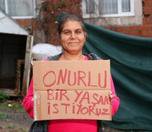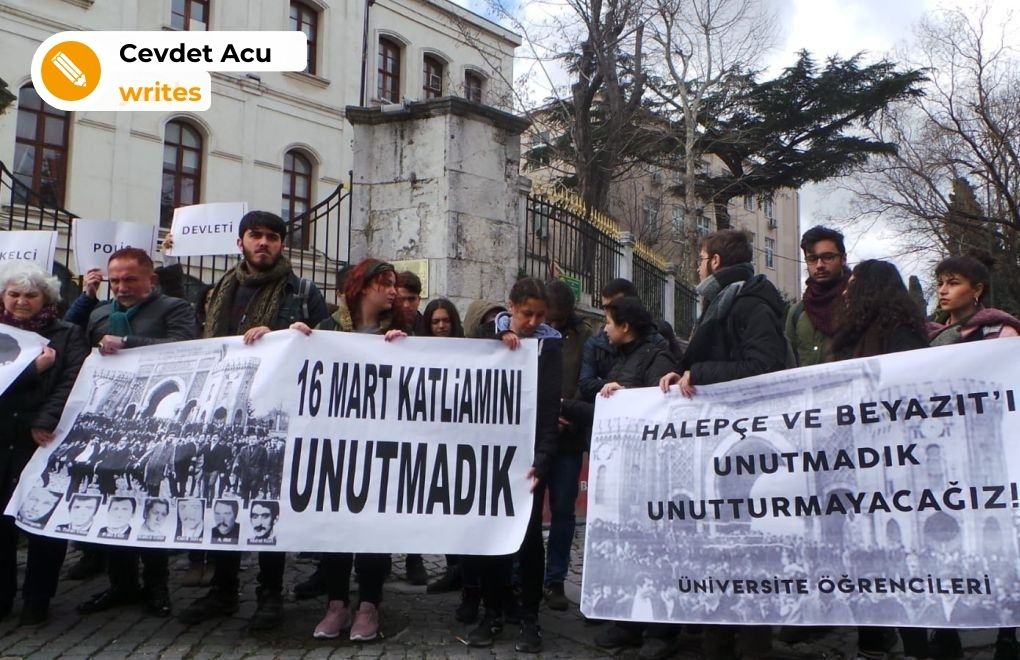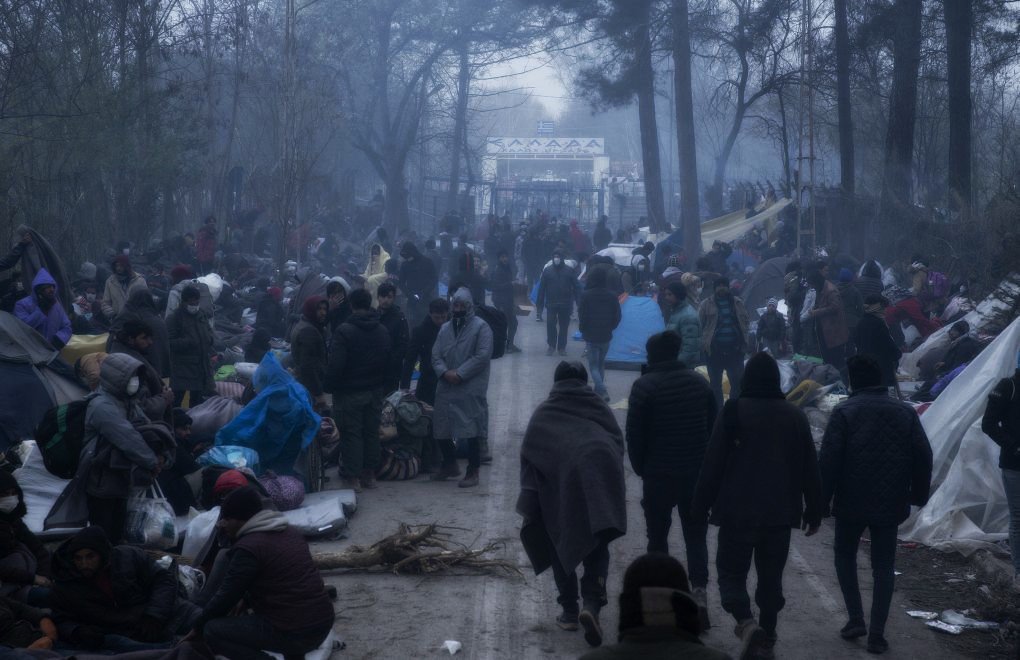A refugee settlement in Malmö, Sweden (Photo: News Øresund - Johan Wessman)
Russia launched a large-scale military invasion of Ukraine on the 24th of February, and this attack has led to the fourth-largest refugee crisis in the last sixty years.
UNHCR data suggest that more than 5 million Ukrainians have fled to neighbouring countries, and almost 100,000 of the total displaced people are Ukrainian-Roma refugees. This essay examines how Ukrainian-Roma refugees face double challenges due to discrimination and systemic racism in Europe.
The Roma (also known as Gypsy) is an ethnic group of traditionally itinerant people who currently live in several countries across the world. They are the largest ethnic minority group in Europe; the Council of Europe estimates that there are around 10-12 million Roma in Europe, and approximately 6 million are citizens or residents of the European Union.
They are the largest ethnic minority group in Europe; the Council of Europe estimates that there are around 10-12 million Roma in Europe, and approximately 6 million are citizens or residents of the European Union. |
Roma throughout Europe is an Indo-Aryan ethnic group that migrated initially from northwest India more than 1,500 years ago. Roma has historically lived nomadic lives due to their work and cultural tradition, although most Roma populations are now largely settled.
The group is known by a great variety of names throughout Europe and the Middle East region -including Zigeuner and Sinti (Germany), Gitans (France), Gitanos and Calo (Spain), Dom and Nawar (Jordan; Palestine), Qurbat (Syria), and Roman/Çingene (Turkey) due to the diversity of locations and cultural integration over the years.
Ukrainian-Roma refugees
Several reports show that Ukrainian-Roma refugees face discrimination and racism in European countries following the forced displacement due to Russia's invasion of Ukraine.
The challenging living conditions of the Roma in European countries are closely connected to the widespread xenophobia and social exclusion of the Roma community in the European continent. Actually, the problem starts on the Ukrainian side, where around 400,000 Roma live.
Studies indicate that Roma communities in Ukraine live in extreme poverty, often in segregated settlements on the outskirts of the cities with little or no access to basic social services such as education, healthcare, and the labour market.
Studies indicate that Roma communities in Ukraine live in extreme poverty, often in segregated settlements on the outskirts of the cities with little or no access to basic social services such as education, healthcare, and the labour market. |
In addition, Roma is widely regarded as one of the most marginalised communities in Ukraine as they experience discrimination and human rights deprivations in various forms. To illustrate, the far-right attacks on Romani camps in Lysa Hora park in Kyiv in April 2018 were vicious as perpetrators of the crime with knives and hammers burned down tents and chased out Roma residents.
It is reported that no one had been held accountable for this hate crime, and the National Police refused to take action despite numerous media reports. As a result of this xenophobic attack and ignorance of the police force, Roma residents were forced to leave their settlement, but the hate crimes against Roma did not end. On the 23rd of June, 2018, masked men armed with knives raided another Roma camp in Lviv, in western Ukraine, leaving one man dead and four injured, including a ten-year-old boy.
The most striking example of such violence was on the 17th of October, 2021, when around 50 far-right radicals went door to door in the Ukrainian city of Irpin, near Kyiv, chanting hateful slogans and calling for violence against local Roma residents.
Stereotyping
Studies also show that Ukrainians have more negative sentiments about Roma than any other group in society. Roma residents mostly are portrayed as "drug traffickers", "pickpockets", and "beggars" in the country. Therefore, due to the different types of violence in Ukraine, Roma residents have no equal opportunities to live the usual way of life as humans begin.
While they were facing hate crimes and extreme poverty, they were forced to leave their homeland due to Russia's invasion on the 24th of February 2022. They often face double discrimination because of systematic exclusion and racism upon arrival in the neighbouring countries.
Roma refugees face discrimination from border guards and local people once they get out of Ukraine. For instance, it is reported that "Roma arrived in separate coaches" — the Ukrainian border guards organised it this way — and when they did arrive, Roma mothers were checked by Hungarian police many times, but non-Roma mothers were not."
Ignored by humanitarian groups
It is also reported that "Some people refuse to sleep in the same tents with Roma families or travel in the same vehicles with them." Béla Rácz, Roma activist from 1 Hungary Initiative, said, "Ukrainian Roma refugees are often ignored by charities and humanitarian organisations, like the Red Cross... If they [Roma] have these traditional clothes and look poor, they are afraid to approach them."
Not providing help to humans just because they are Roma or look like they are is against the objective of humanitarian organisations. This is also a form of racism that specifically targets the vulnerable ethnic minority. Charities reported that around 50,000 Roma refugees who sought shelter across the border are returning to war-torn Ukraine following poor treatment by host countries in Europe.
Not providing help to humans just because they are Roma or look like they are is against the objective of humanitarian organisations. This is also a form of racism that specifically targets the vulnerable ethnic minority. |
There is no doubt that Ukrainian refugees experience significant trauma during wartime as they are forced to abandon their homes and loved ones. It is crucial that receiving countries continue to welcome all displaced people who flee from the conflict and insecurity. At the same time, I want to remind that racism is a serious threat to life, dignity and human rights; we must condemn acts of racism and discrimination against Roma in the refugee hosting countries.
The experience of a refugee is universal as all of them have been forced to leave their homes. The pain and sorrow are the same for them. They equally deserve compassion, empathy, and support.
Therefore, with the war still raging in Ukraine, European leaders must pay special attention to Roma, who are forced to leave their homeland. EU countries should ensure that the Roma population has the same fundamental human rights as others. Discrimination against Roma people should not be tolerated as this may lead to the danger of human rights violations across European countries. (CA/VK)




.jpg)
.jpg)

.jpg)



